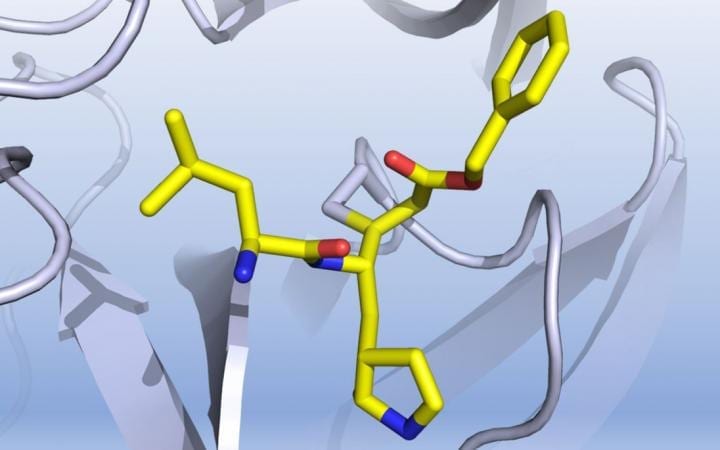
The John Innes Centre (JIC), located in Norwich, Norfolk, England, is an independent centre for research and training in plant and microbial science
The Latest Bing News on:
John Innes Centre Research
- Norwich firm creating world's first ocean agriculture system
Alora is aiming to create the world’s first ocean agriculture system with revolutionary technology that is set to increase yields, use zero freshwater and minimal land.
- Norwich company to help solve world hunger by growing rice on ocean surfaces
‘Ending world hunger, achieving food security and improved nutrition, and promoting sustainable agriculture’ is the United Nations’ number two goal. And it’s one that a company based at Norwich ...
- UCL Joins Groundbreaking Sustainable Research Agreement
The Concordat for Environmental Sustainability, developed by the UK research and innovation sector, is a pledge to embed sustainability into an organisation’s approach to research.It covers six key ar ...
- Barley Crops Recruit Helpful Microbes Via Sugary Secretions
Different types of barley recruit distinct communities of soil microbes to grow around their roots by releasing a custom mix of sugars and other compounds, research from the John Innes Centre finds.
- Barley plants fine-tune their root microbial communities through sugary secretions
Different types of barley recruit distinct communities of soil microbes to grow around their roots by releasing a custom mix of sugars and other compounds, according to a new study led by Jacob Malone ...
The Latest Bing News on:
John Innes Centre Discovery
- Einstein’s Legacy Proven Again With Monumental Black Hole Discovery
Researchers utilizing the European Gaia spacecraft have discovered a black hole in a binary system, located 1,500 light-years away and weighing 33 times the mass of the sun, making it the heaviest ...
- Father Brown is back! Filming has begun on series 12 of the internationally successful drama
Hit series made by BBC Studios Drama Productions for BBC One and iPlayer has also been recommissioned for 13th series.









